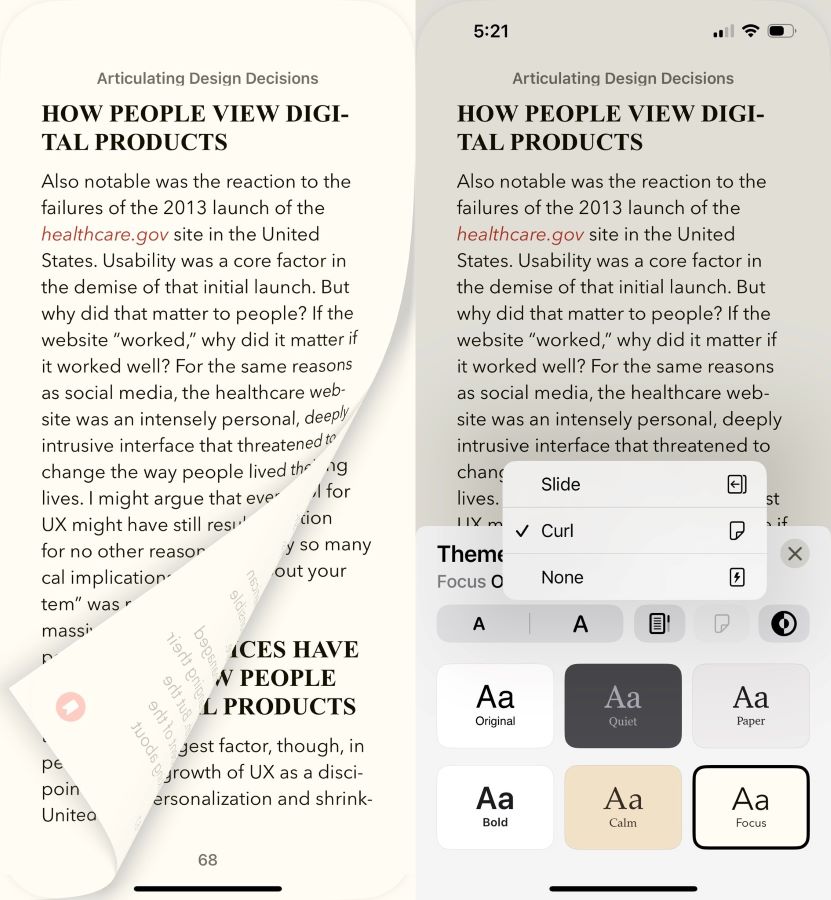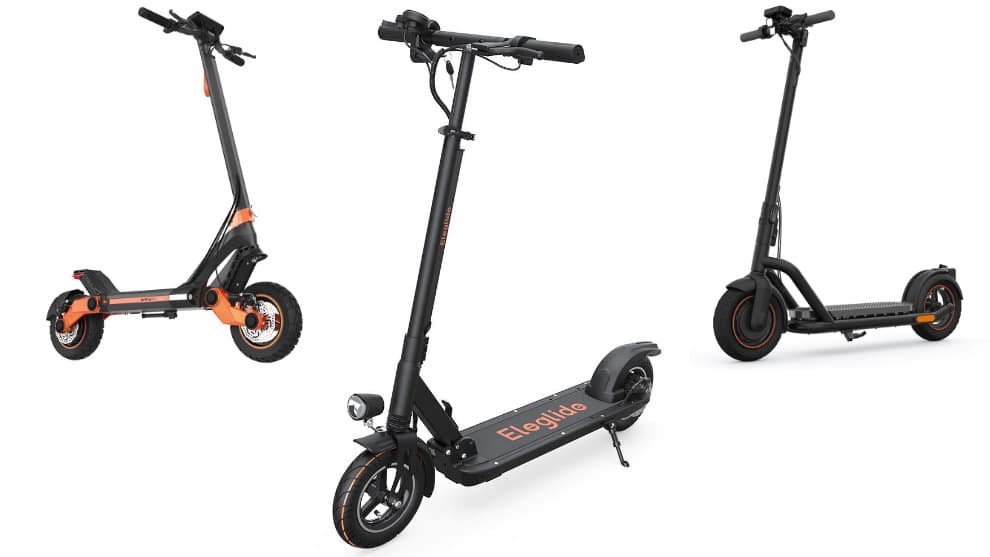Crosscall: can the smartphone manufacturer produce 100% French?
French brands in the world of mobile phones do not really jostle. There are Archos and Echo, but manufacturing is done in China. Wiko also claims to be tricolor on the sole idea that its offices are located in Marseille. It even bases its marketing quite often there. However, it belongs 100% to the Chinese brand Tinno and none of its devices are designed in France. On the other hand, the company draws from the catalog that its boss makes available to it and adapts it to the blue-white-red market. A meager consolation that has little impact on our economy. Conversely, Crosscall really wish make things happen in our latitudes.
Crosscall: in the hard for his good
The Crosscall company was born from a sea trip that almost turned into a tragedy. Cyril Vidal finds himself in the middle of a storm, his phone takes on water and becomes unusable. Returning miraculously to the shore without having been able to call for help, the man then swore to create smartphones that are waterproof and strong enough to withstand all the extreme conditions, which he has been doing since 2009. An idea that has since won over the SNCF, the Police, the Gendarmerie and certain hospitals that equip their staff with its rugged models. But the success is also with “normal” users since an average of 500,000 units are sold each year. On the strength of these very encouraging figures, Vidal has another ambition: that of making the manufacture of its terminals as French as possible. Already for practical reasons, as he explains to our colleagues from BFM TV :
For an industrialist, the distance from the supply chain is very bad. This creates a whole host of problems, logistical and human. Overall it has always been complicated for us

And it was not the Covid crisis that fixed things, extending delivery times and, above all, multiplying by 10 the price of shipping containers. A revealing experience for the CEO of Crosscall who suffered the full consequences.
We had major supply problems and when the factories reopened, the quality was no longer there. It was not the same workers who worked and we refused many products that did not meet our quality standards. This cost us 35 million euros in turnover.
It was therefore time for a change.
Back to basics
The company decided without delay to relocate its R&D section to its premises in Aix-en-Provence where it also installed brand new machines to manufacture the prototypes. More than 4 million euros have been invested here, with state aid of €800,000. Government policy is doing everything to motivate companies to relocate to France and Crosscall intends to take advantage of this outstretched hand to perfect its offer.
The objective is also to improve our products to see how they age, and therefore improve production. We have very good tools to reinforce our sustainability. Our products are now guaranteed for 5 years instead of 3.
For the sake of sustainability and ecology, the manufacturer has also launched the construction of its own reconditioning plant, a task it has outsourced until now. This action will keep the smartphones produced in the circuit.
We would like to resume this activity. For example by reconditioning the 230,000 terminals delivered to the police and the gendarmerie which will be back in the next five years.
Two essential missions that seem almost easy to implement compared to the third: relocate production to France!
Yes, our phones and tablets are now guaranteed for 5 years. Certainly the most lasting commitment of the next 5 years. #heretolast #ThisIsHowWeLive
👉 https://t.co/drLqcMo2re pic.twitter.com/ZrLINK1MjF—Crosscall (@crosscallmobile) February 1, 2022
New foundations
This is indeed the real headache facing many French companies: how to bring an entire production chain back to France. A challenge that Crosscall wishes to take up which will invest more than 10 million euros over the next 5 years. The company has already found the building which is fortunately opposite its head office in Aix. Making a 100% French phone, is it really possible? Cyril Vidal replies:
We want to work as much as possible with French suppliers. For a smartphone, there are 3 to 7 production layers: from plastics processing, through screens, to components. We have found a French partner for the plastics industry and part of the electronic components will be supplied by STMicroelectronics.
Nevertheless, for certain elements such as screens or memory, there will be no choice but to obtain supplies from American or Asian companies. For labor, Crosscall plans to recruit and train between 50 and 100 people with a production target for accessories in early 2023 and smartphones in 2023/2024. The company believes that all this will help keep prices attractive in relation to new production costs.
There is a real subject since the Covid with the question of logistics, a container today costs 10 times more expensive and the prices are not going to drop immediately. It’s disproportionate, not always justified and it can put a country in difficulty. We are very angry with the logisticians. It’s a shame, in the end, it’s the consumer who pays, so we had to increase our prices by an average of 8%.
This increase in transport costs coupled with that of the wages of Chinese workers can therefore provide a glimpse of hope for Crosscall. Patriotic economic ambitions to be welcomed, even if here too adapt to French employees who are sometimes less docile and reactive than their Asian counterparts. Two influential data in the success of technology industries, and even more that of mobile telephony.



